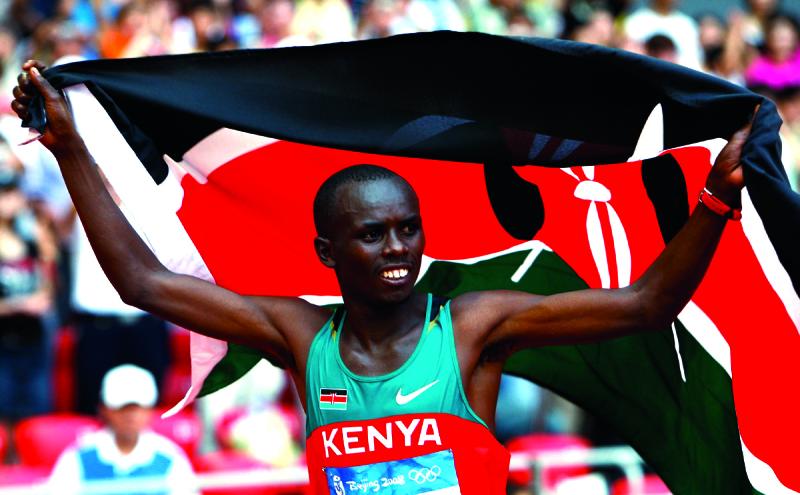×
The Standard e-Paper
Fearless, Trusted News

Like the morning dew exposed to the harsh rays of the January sun, the millions melted.
There would be nocturnal bank withdrawals followed by fistfuls of millions of shillings dished out to adoring fans and conniving friends as well as total strangers.